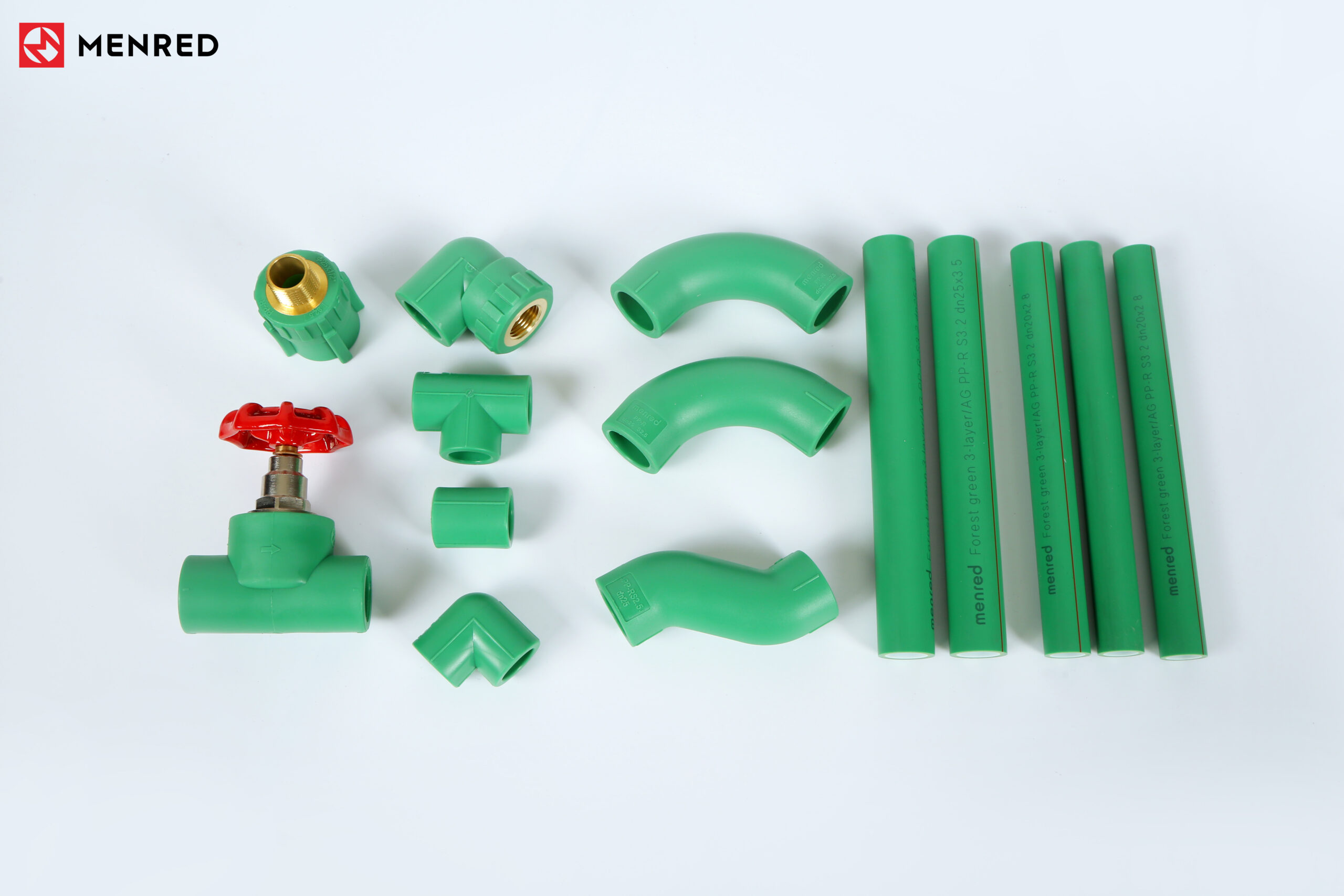Indoor air quality (IAQ) has become one of the most critical topics in modern building design. Poor air quality can affect not only comfort but also productivity and long-term health. Traditional HVAC systems often provide cooling and heating effectively, but they may overlook the importance of balancing fresh air, humidity, and pollutant control.
Challenges of Traditional Ventilation and HVAC Systems
Traditional systems often rely on fixed ventilation rates and mechanical air supply. This approach can lead to energy waste, unbalanced humidity, and insufficient removal of CO₂ or fine particles such as PM2.5. Without real-time monitoring, occupants may experience stuffy air, higher risks of allergies, or reduced cognitive performance.
How Smart HVAC Systems Improve IAQ
Smart HVAC systems are designed to actively monitor and improve air quality in real time.
- Smart Sensors: Detect CO₂, VOCs, humidity, and PM2.5 levels.
- Smart Control: Automatically adjust airflow, temperature, and humidity based on sensor data.
- Energy Efficiency: Avoid unnecessary operation and integrate with renewable energy sources for lower costs.
This ensures a healthier, quieter, and more energy-efficient indoor environment.
Menred HVAC Solutions for Better IAQ
Menred HVAC has developed integrated solutions that bring together comfort, health, and efficiency:
- G3/G4 Energy Recovery Ventilators: Fresh air exchange with heat and humidity recovery, reducing energy loss by up to 70%.
- Smart Thermostats + Zoning Control: Maintain precise comfort levels and IAQ across different rooms.
- Energy-Efficient Heat Pumps: Operate at higher efficiency levels to complement air and radiant systems.
- System Integration: Compatible with renewable energy and smart building management systems.
Case Study: Smarter Air in Action
In a recent residential project, Menred’s G4 Enthalpy Heat Recovery Ventilation unit helped reduce indoor PM2.5 levels by 50% while maintaining CO₂ below 800 ppm. At the same time, the system saved 30% energy compared with traditional ventilation methods.
Conclusion: Towards Healthier and Smarter Buildings
As sustainability and well-being become top priorities in building design, smart HVAC systems will play a central role in creating better indoor environments. Menred HVAC provides reliable, energy-efficient, and intelligent solutions that meet the growing demand for healthier living and working spaces.


